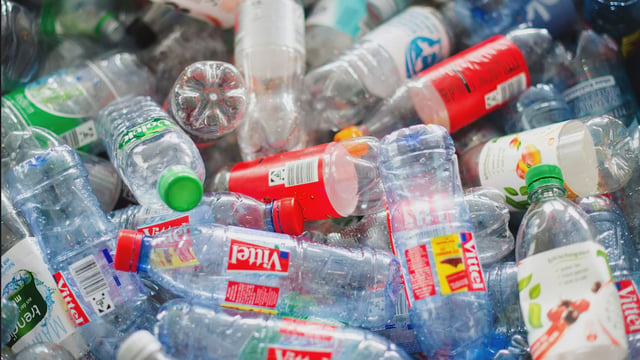Overview
- The paper synthesizes hundreds of studies and reports credible links to endocrine disruption, neurodevelopmental effects including IQ loss, reduced fertility, and potential long-term conditions such as heart disease, ADHD, obesity and low birthweight.
- It highlights phthalates, bisphenols and PFAS found in common products like food packaging, cosmetics and receipts, noting that heating plastics can release micro- and nanoparticles that are then ingested.
- Researchers advise practical steps such as using glass or stainless containers and avoiding microwaving or dishwashing plastics to limit exposure.
- Germany’s Umweltbundesamt says current evidence does not allow precise risk quantification for microplastics, yet the overall literature provides sufficient reason to assume harm to human health.
- The authors cite preliminary estimates of about 349,000 annual cardiovascular deaths linked to plastic exposure and up to $2.6 trillion in social costs, warn that recycling can concentrate contaminants in some recycled PET, and note global treaty talks on production limits stalled in August.



